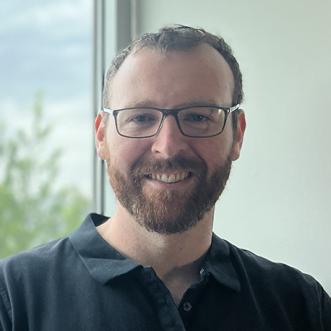




We use the tiny, transparent jellyfish, Clytia hemisphaerica, to ask questions at the interface of nervous system evolution, development, regeneration, and function. Our foundation is in systems neuroscience, where we use genetic and optical techniques to examine how behavior arises from the activity of networks of neurons. Building from this work, we investigate how the Clytia nervous system is so robust, both to the constant integration of newborn neurons and following large-scale injury. Lastly, we use Clytia’s evolutionary position to study principles of nervous system evolution and make inferences about the ultimate origins of nervous systems.
We use diverse approaches to understand the neural basis of behavior, with particular interests in: (1) how animal behavior is modulated by the internal state of the organism over time, (2) how these states - and switches between them - are implemented, (3) how distinct regions and subnetworks of nervous systems communicate & coordinate to give concerted behavioral output, and (4) the roles of neuromodulation in these processes. As Clytia are tiny (1mm-1cm) and transparent, we use optical approaches to examine and perturb the whole nervous system in awake, behaving animals.
Clytia are constantly integrating newborn neurons into their nervous system without disrupting network function, and have incredible abilities to heal and regenerate, including recovery of genetically ablated neurons. We aim to understand these remarkable capabilities at their interface with network function.
From a evolutionary perspective, we are interested in: (1) the origins and early evolution of nervous systems, (2) identifying principles and innovations in neural systems across phylogeny, and (3) understanding the co-evolution of neural, morphological, and behavioral novelty. Through comparisons across the Clytia life cycle and with other organisms, Clytia present exceptional opportunities to address these questions.
Brian Grone, PhD
Senior Scientist
Karen Cunningham, PhD
Postdoctoral Scholar
Bridgett Hunt, MS
Aquaculture specialist, research associate, and lab manager